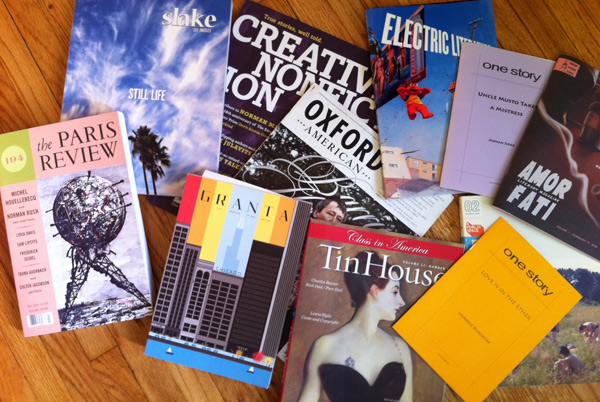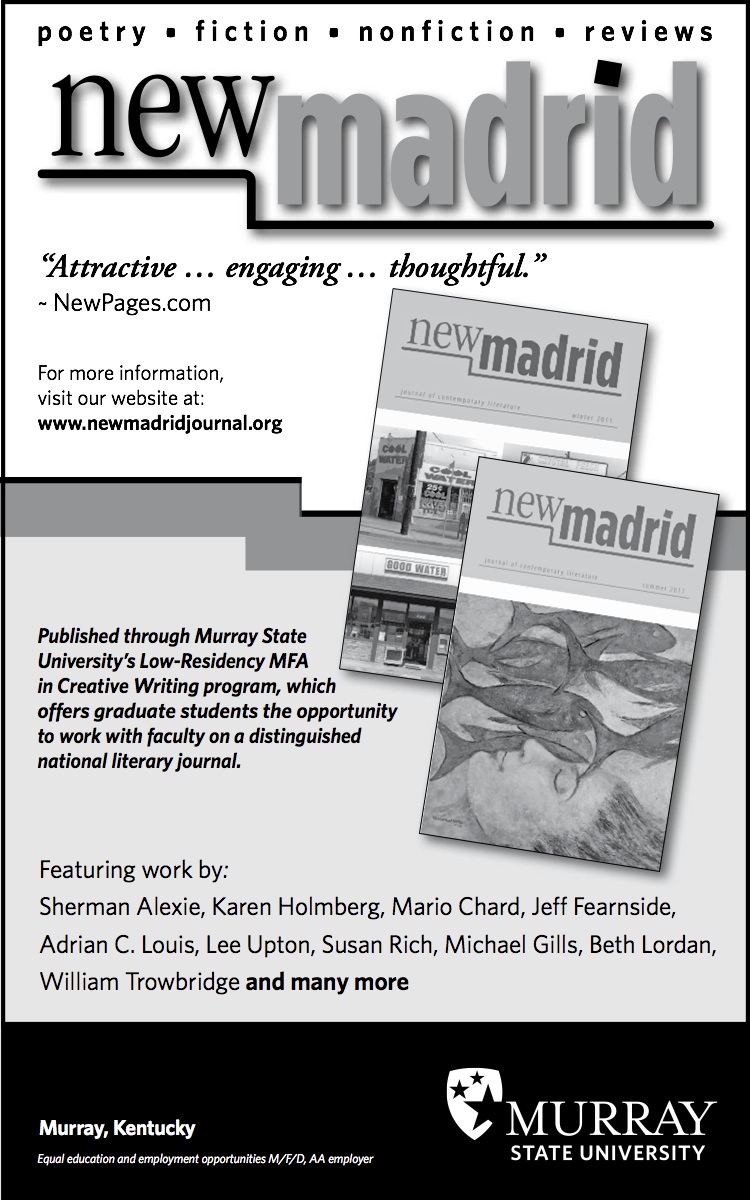 So you want to start reading more Literary Magazines?
So you want to start reading more Literary Magazines?
I was once in your shoes. I even interned at The Review Review to review Literary Magazines, just hoping to discover more magazines and the writers they publish. And doing that, just once mind you, along with working at Superstition Review for two semesters, I’ve come across a few revelations about how I feel about Literary Magazines.
First, I think there are far too many of them. However, I guess that is better than having a shortage (well, maybe not). But since there are so many of them, there are a lot, I hate to say it, that aren’t that good. And since there are so many of them, and plenty of them don’t always produce the best work, it is good to know what you are looking for to save yourself some time. You can find a literary magazine for nearly any kind of writing and I recommend following Submittable and The Review Review on Twitter to learn just how many different lit mags there are in the world (in addition to being reminded about contests and submission dates for the various journals).
As for my preferences, I like New England Review and Alaska Quarterly Review. McSweeney’s is interesting, though I find it a bit overpriced. (Before I forget, it’s great to go to a used book store and buy back issues of lit mags for a discounted price.)
Bartelby Snopes is a fun read for online literary magazines. Anderbo is a good online lit mag as well and easy to read on your phone. I am partial to magazines I can easily read on my phone as I take the light rail into ASU and I am always looking for a valid reason to keep my head down. And, now that I think of it, while I said McSweeney’s is overpriced, they have a great app which allows you to buy some great content.
Virginia Quarterly Review is a good one, too. Let’s not forget Hayden’s Ferry Review. A lot of quality work is published out of Arizona State University. A good tip that I learned from a talk given by Amy Holman at Bread Loaf is take whatever writer you like to read and, if they have written a short story collection, look in that collection to see where some of those stories have been published previously. You will quickly see a pattern in where your favorite writers are published. If you like political writings and follow political writers, you will end up reading magazines with a political vibe.
Also, read where you want to be published if your aim is to be published one day. This way, at the very least, you’ll understand the talent of your competition. If your aim is to discover new and interesting forms/writers, check out something like Muumu House or just start looking up lit mags on Twitter and see what magazines they follow.
This isn’t to say great writing can’t be found in obscure journals. As a Nonficiton Editor at Superstition Review, I’ve come across a few obscure journals in the writer’s bio section. Sometimes I look them up and read a few of the stories featured in their journal. But usually, I find better odds at the roulette table, and that’s betting on individual numbers.
The trick, I think, is to follow writers you like and find the writers they like and use that to branch out into different magazines. I think this is a more successful (not to mention time saving) approach, rather than just jumping head first into a pool of literary magazines. But I do tend to tray towards the more established lit mags when I can, because I like to read from the journals where I’d like to be published.
One more thing I heartily recommend is reading fiction/poetry from magazines that don’t just specialize in writing fiction/poetry, such as The New Yorker or Esquire. The best stories can be found in the most unusual places if you follow your favorite writers. For example, when I was about 14 I was really into reading Chuck Palahniuk. One day I found out he was publishing a new short story called Guts in Playboy Magazine. I pleaded with my dad to buy it for me so I could read the story. He bought it for me, tearing out the story and throwing away the magazine (or so he’d like me to believe). I still remember reading that story, the edges all ripped, the pages paper-clipped together. Thinking back on it, what happened in that story was probably more adult than anything else in that magazine.
This isn’t me telling you to buy Playboy. This is me saying there are so many magazines out there, so many avenues for writers to publish their work, that you are better off following writers as they publish and just sticking to your list of highly established and respected magazines, as your safe “go-to” journals.

